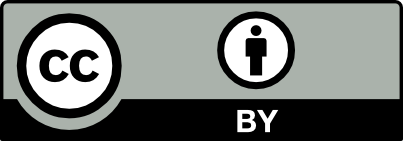Monitoring tool for water quality and quick alert of flooding
DOI:
https://doi.org/10.18046/syt.v16i44.2725Keywords:
Sensors, water quality control, potability, Arduino, electrical conductivity, turbidity.Abstract
In July 2010, the United Nations General Assembly explicitly recognized the human right to water and sanitation, reaffirming that clean drinking water is essential for the realization of all the human rights. Therefore, controlling water quality should be a priority. In this context, it is interesting to make a simple, sustainable and low-cost system, in order take control over water quality parameters. This project main goal is to design and implement a water quality monitoring system on distribution networks to population or another interesting environment. It incorporates a quick alert system of flooding on low-altitude zones. It has mobile communication interface, over GSM, GPRS or 3G network, to send alarm and monitoring signals.
References
Gertz, E., & Di Justo, P. (2012). Environmental Monitoring with Arduino.
Sebastopol, CA: O'Reilly.
VJ-Pixel (2017). Mãe d'Água. Retrieved from: https://publiclab.org/wiki/mae-d-agua
Warren, J. (2017). Riffle design philosophy. Retrieved from: https://publiclab.org/wiki/riffle_design_philosophy
World Heatlh Organization / United Nations Children’s Fund [WHO / UNICEF]. (2015). Joint Monitoring Programme. Report 2. Geneve, Switzerland: WHO.
Zhang, E. (2016). A6/A7/A6C User Manual. Shangai, China: AI ThinkerTechnology.
Downloads
Published
Issue
Section
License
This journal is licensed under the terms of the CC BY 4.0 licence (https://creativecommons.org/licenses/by/4.0/legalcode).



